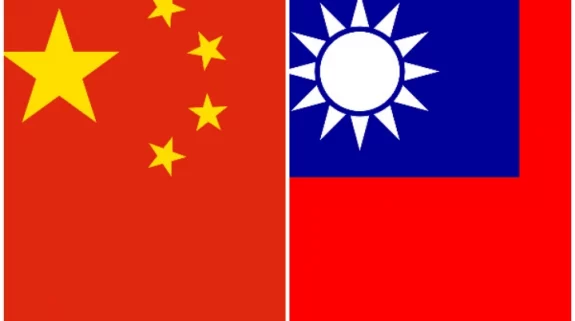The unique 'Back to Village' (B2V) initiative is among 36 major people's programmes which the Jammu and Kashmir (J&K) government says it has achieved in one year since abrogation of Article 370 that gave special status to the erstwhile state.
The programme, under which 20,000 development works were identified directly by the people, generated such enthusiasm that a resident of Shopian district wrote about it to Prime Minister Narendra Modi following which it was mentioned in his monthly radio programme 'Mann ki Baat'.
The Jammu and Kashmir administration embarked on the programme in June last year with the aim of strengthening grassroots democracy and participatory development, taking the administration and administrative officers to the doorsteps of villagers to redress the development and governance deficit in villages, and bridge the gap between public and public servants.
'B2V' not only achieved the feat of bringing the administration and officers to the doorsteps of the villagers to redress their problems but also also reaffirmed the trust and faith of the public in the government, shattering a number of myths in the process, the government said.
Abdul Hamid Dar, a resident of Block B.K. Pora in Budgam district remarked that their village had a vexed issue of de-silting their water bodies, which were choked due to the excessive amount of sand, silt and polythene.
"We had travelled from pillar to post in this regard but nobody had registered our genuine grievance, but during this campaign, it was duly recorded by the authorities who had visited our village for two days."
As per the Jammu and Kashmir government, while programmes similar to this had been attempted in many other parts of India before, 'B2V' was unique for its sheer scale and scope, involving nearly 5,000 gazetted officers of all levels — one for every panchayat — who would then stay for two days and a night in the village.
"Back to Village focused on four quintessential themes like energising panchayats, collecting feedback on delivery of government programmes, capturing specific economic potential and undertaking assessment of needs of the villages," the Jammu and Kashmir government said.
"As it turned out, the initiative was an unqualified success. In fact, so overwhelming was the response of the people that practically every visiting officer was accorded an extremely warm and affectionate welcome. In fact, such was the enthusiasm generated by the programme that a resident of Shopian district wrote to the Prime Minister about this programme following which the Prime Minister made a mention of it in his Mann ki Baat Programme calling it a 'festival of development, public participation and public awareness'."
While inaugurating the programme, Chief Secretary B.V.R Subrahmanyam said, "Back to Village programme has been conceived with the notion that developmental initiatives that are built on the feedback and cooperation of the people are more result-oriented and have greater probability to succeed than those which are top-down."
But, the government says, that this was not an easy task. It had never attempted a government-public interface programme of this sheer size and scale in Jammu and Kashmir, so it not only seemed a herculean task but also seemed implausible given the law and order problems in the Valley.
It was the developmental equivalent of the elections – every single citizen was to be covered, and no area, however remote or difficult, would be left untouched.
The government deputed gazetted officers to all 4,483 panchayat circles, with each officer assigned a gram panchayat, where, unlike previous practices, they stayed for at least two days, including a night halt, in the village. The officer was supposed to make a first-hand assessment by seeking the comprehensive feedback from the panchayat representatives, elders and other local people about their concerns, developmental needs and economic potential of the area.
Throughout this campaign, the officers lived and ate with the villagers to fully understand their pain and agony and to assuage the feeling of alienation among them.
The officers were also mandated, among other things, to discuss all sort of relevant social issues such as sex ratio, literacy rate, girl education, water conservation, and heath and hygiene issues in the Gram Sabhas.
Further, considering the programme was held shortly after the successful conduct of panchayat elections in 2018, the mission also aimed at sensitising both the recently-elected representatives and people about various government welfare programmes and schemes, and get feedback on them.
Determined to reach out to the public at the grassroots, the government went ahead with the programme. The designated officers not only visited the remotest villages and panchayats which had never before been visited by government functionaries, leave alone senior gazetted officers, but also braved a visit to some of the difficult and challenging areas in the militancy-affected districts of south Kashmir.
"The response was overwhelming and heart-warming. The people, who otherwise felt alienated, came out in droves to welcome the visiting officers, share their views and post their grievances directly to the officers," the government said..




















